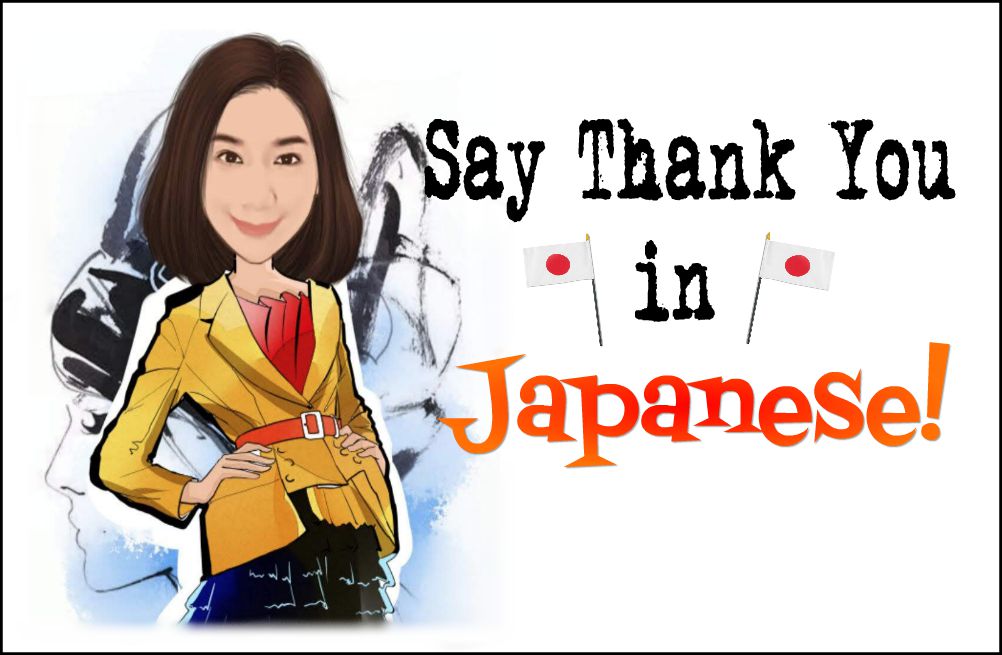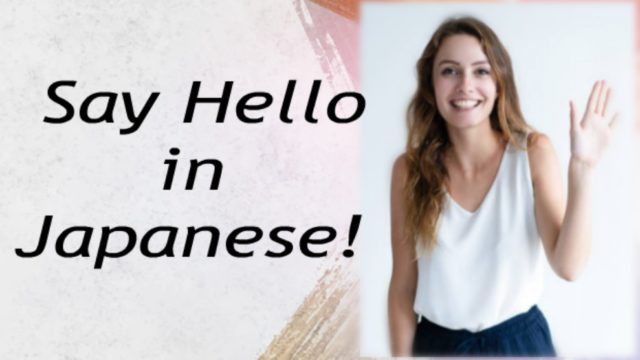There are so many ways to express gratitude towards others from all around the world. Saying thank you can mean so much more if it comes from the heart.
So let’s take a look at these expressions on how to say thank you in the Japanese language. Learn these words and make a change with the way you deliver a heartfelt appreciation.
Arigatou
| Hiragana | ありがとう |
|---|
Arigatou is the simplest way of saying thank you. This word is often used when you are talking casually with your friends or good acquaintances. You can also hear people say arigatou on some tv shows or segments.
Doumo
| Hiragana | どうも |
|---|
Doumo translates to “thanks” and this word can only be used when you are talking informally to your friends or family. Don’t ever use this word if you are talking to someone at work or anywhere that has a higher position/status than you.
Doumo Arigatou
| Hiragana | ありがとうございます |
|---|
This phrase simply means, “thanks a lot” in English. If you feel so thankful for what the person did for you, then you can use this expression. However, this is not advisable to use on a formal conversation.
Arigatou gozaimasu
| Hiragana | ありがとうございます |
|---|
Arigatou gozaimasu is the formal way of saying thank you. This phrase is very helpful when you are expressing your feelings towards your superior and even to those whom you just met. This is more formal than just arigatou.
Arigatou gozaimashita
| Hiragana | ありがとうございました |
|---|
Arigatou gozaimashita is the “past form” of arigatou gozaimasu. This is used when you want to thank someone after he/she did favorable things for you. In most cases, people still use arigatou gozaimasu.
Osoreirimasu
| Hiragana | おそれいります! |
|---|
This is a very polite expression used by staff/employees (business people) towards their customers. Please take note that this word cannot be used when talking to your friends or family.




